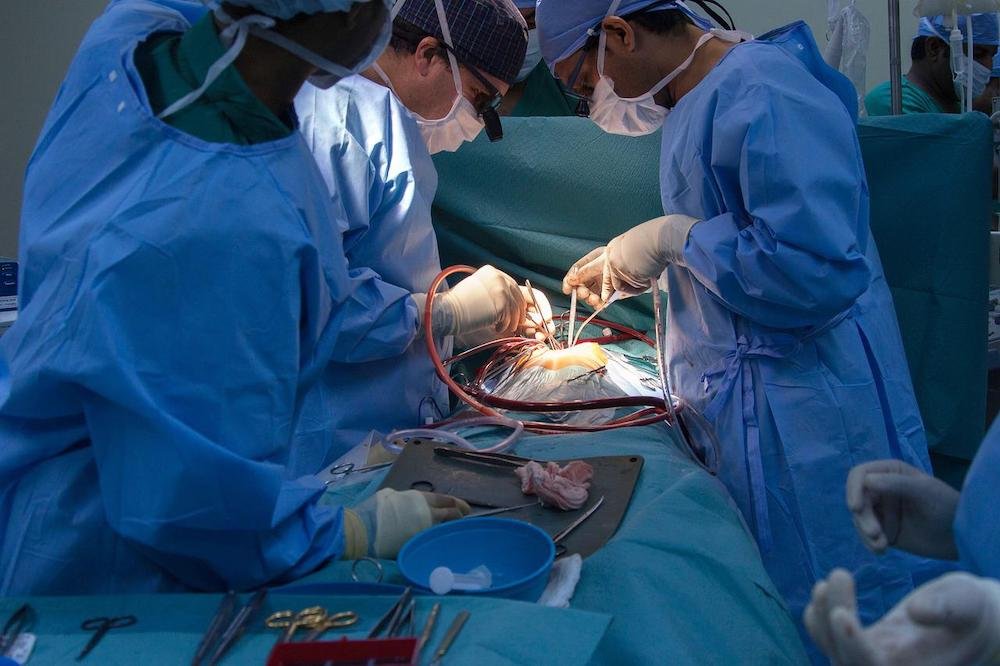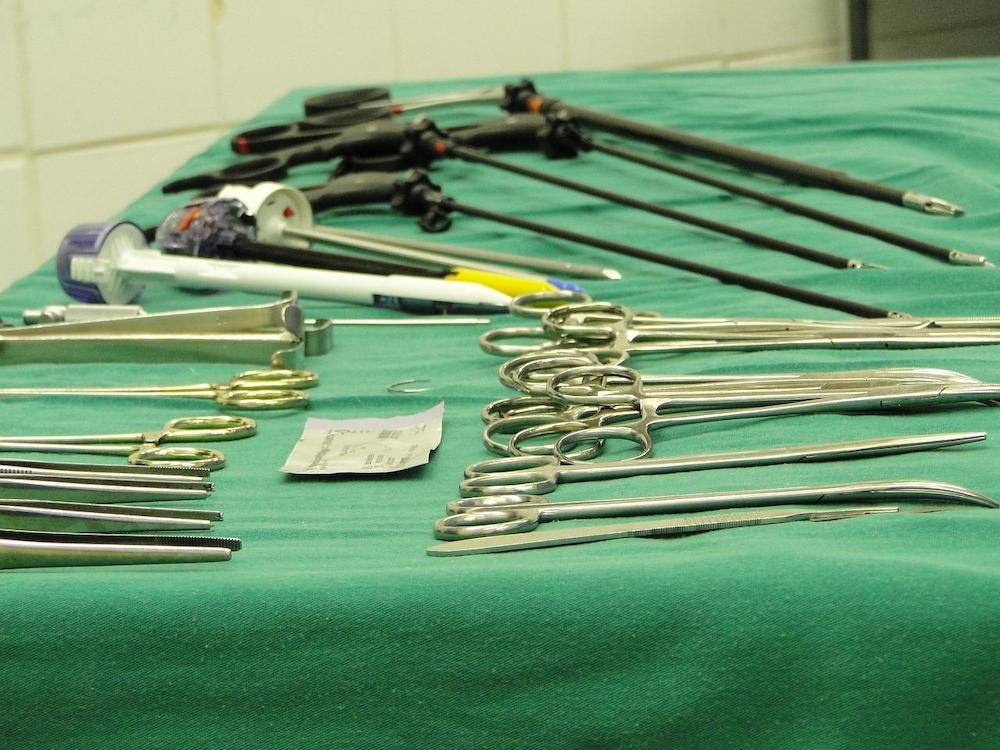
The answer to that question is, yes, a left-handed person can become a surgeon. A left-handed person can become as good a surgeon as any right-hander with some work and adjustments.
There isn’t much information on becoming a left-handed surgeon, but there were a few articles by left-handed surgeons about their journeys to becoming surgeons.
What is it like being left-handed and learning to be a surgeon?
A thoracic surgeon at Moffitt Cancer Center, Dr. Lary Robinson, is left-handed and comes from a long line of left-handers. He talks about being left-handed. But unfortunately, the information he gives doesn’t tell much about him becoming a left-handed surgeon but gives us an idea of what it was like being left-handed.
What are some advantages of being left-handed?
Dr. Robinson stated that he thinks we have a more excellent capability to do more things with both hands as left-handers. Many of us prefer to use our dominant hand, but most left-handed people can do almost everything with either hand. For example, he can eat with his right hand and use it in the operating room whenever necessary. Dr. Robinson sews stitches right-handed or left-handed. He says that he always surprised the surgical scrub nurses. It also gave him the upper hand when fencing in college. His opponents were used to right-handed sparring partners, so everything was backward when fencing a left-hander. In that manner, he had an advantage.
What are some disadvantages of being left-handed?
Our world is more suited for right-handed people. Everyone assumes you’ll want to sit at the end of the table to keep from bumping elbows. Dr. Robinson plays guitar, and the strings are usually set up for right-handed people. Even though it’s a common struggle for left-handers, most of us have gotten used to it.
Is there anything done differently in the operating room?
In his residency, Dr. Robinson noted, nothing was set up to accommodate left-handed surgeons. There aren’t any changes in the operating room, so you learn to operate in a right-hander’s world.
Left-handed surgical instruments

There are left-handed instruments available, but Dr. Robinson learned to use right-handed instruments. Now he’s accustomed to them, so that’s what he uses. It can be hard to tell the different instruments apart because they look so much alike. By the time they went through sterilization, they would likely be mixed in with the rest.
Another article by Daniel I Chu, MD., shows the difficulty of learning to be a left-handed surgeon. But it can be done because we are looking at left-handed surgeons and their experiences.
Dr. Chu points out a considerable bias toward mostly right lateral in the world. Everything is made for right-handed people, from can openers to spiral notebooks or the handle’s location on a water fountain.
Left, sinistral, and gauche are all words that can be looked at as meaning not only left but awkward, clumsy, socially unrefined, and so on. The negatives for left-handers are long and extend into the surgical profession.
Dr. Chu says that endoscopes, like colonoscopes, are designed to be held with the left hand on the control head while the right hand manipulates the scope.
Left-handed instruments may be a solution, but Dr. Chu says he never saw left-handed instruments during his training which put him with half the surveyed left-handed surgeons who had no contact with these devices in their residency.
The bias starts even before surgery as most surgeons are gloved right-handed first. However, there is one exception, The Mayo Clinic, where surgeons are gloved left-handed first in respect for the Mayo brothers who were left-handed.
Dr. Chu discovered that 10% of medical personnel are estimated to be left-handed in survey-based studies.
Dr. Chu says that, like most left-handers, he had to decide early in surgical training to either remain left-handed or become ambidextrous. He decided to adjust his handedness depending on exposure, position and attending surgeons’ preferences. He usually started an operation with his right hand to avoid clashing instruments with his usually right-handed attending. When he did lapse into left-handedness during surgery, his team paused because of the confusion. His reviews came back, calling him ambi-confused or ambi-awkward.
Even though left-handed surgeons have some struggles, no studies or information show that a left-handed surgeon suffers from patient outcomes. In other words, left-handed surgeons perform as well as their right-handed counterparts.
Significant issues for left-handed surgeons
1. Anxiety about handedness
2. Lack of mentoring on hand preference
3. Difficulty handling traditional instruments
4. Difficulty with minimally-invasive instruments
5. Inconvenience while assisting a right-handed person
6. Pressure to change lateral preference
7. Disadvantages with specific procedures
8. Advantage with situs inversus.
Conclusion
We looked at two left-handed surgeons and the issues they went through to become left-handed surgeons. Even though they had some struggles, they could get through them and become the surgeons they wanted to be. So, yes, left-handed people can become surgeons. However, a lot of work and decisions must be made personally to get through the learning stages. What do you think about this? Would you be willing to go through the work and personal journey to become a left-handed surgeon? Please leave your comments below. We’d love to hear from you.